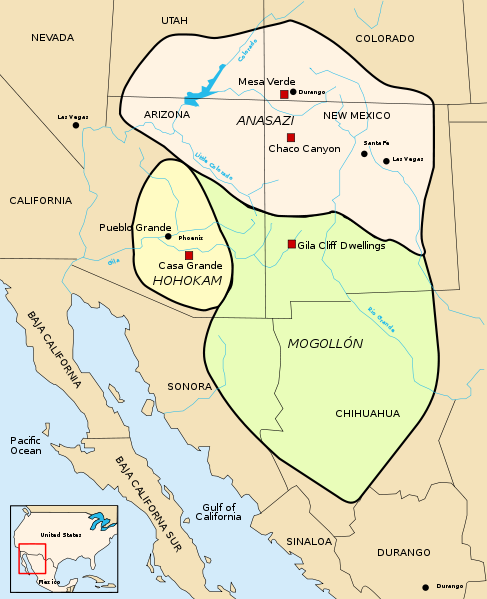

They may also describe themselves as Hiaki Nation or Pascua Hiaki, meaning "The Easter People", as most had converted to Catholicism under Jesuit influence in colonial Mexico. The Yaqui call their homeland Hiakim, from which some say the name "Yaqui" is derived. The Yaqui call themselves Hiaki or Yoeme, the Yaqui word for person ( yoemem or yo'emem meaning "people"). About 15,000 Yaqui speakers live in Mexico and 1,000 in the US, mostly Arizona. Most of the Cahitan languages are extinct only the Yaqui and Mayo still speak their language. Yaqui speak a Cahitan language, a group of about 10 mutually-intelligible languages formerly spoken in much of the states of Sonora and Sinaloa. The Yaqui language belongs to the Uto-Aztecan language family. Individual Yaqui people live elsewhere in the United States, especially California, Arizona, Nevada, and Texas. More than 13,000 Yaqui are citizens of the Pascua Yaqui Tribe. The Pascua Yaqui Tribe, based in Tucson, Arizona, is the only federally recognized Yaqui tribe in the United States. In the city of Hermosillo, colonies such as El Coloso, La Matanza, and Sarmiento are known as Yaqui districts Yaqui residents there continue Yaqui cultural practices and language.

Others formed neighborhoods ( colonias or colonies) in various cities. Many Yaqui in Mexico live on reserved land in the state of Sonora. They also have communities in Chihuahua and Durango, Mexico. Their homelands include the Río Yaqui valley in Sonora, Mexico, and southern Arizona in Southwestern United States. The Yaqui, Hiaki, or Yoeme, are a Native American people of Arizona and Indigenous people of Sonora, Mexico. Peyotism, Christianity, Roman Catholicism United States ( Arizona, California, Nevada, Utah, Colorado, Nebraska, Texas, New Mexico) Mexico ( Sonora, Sinaloa, Chihuahua, Durango, Yucatan, Jalisco) Yaqui Musicians at the Yaqui Dance of the Deer, II Festival of Indigenous Cultures, 2015


 0 kommentar(er)
0 kommentar(er)
